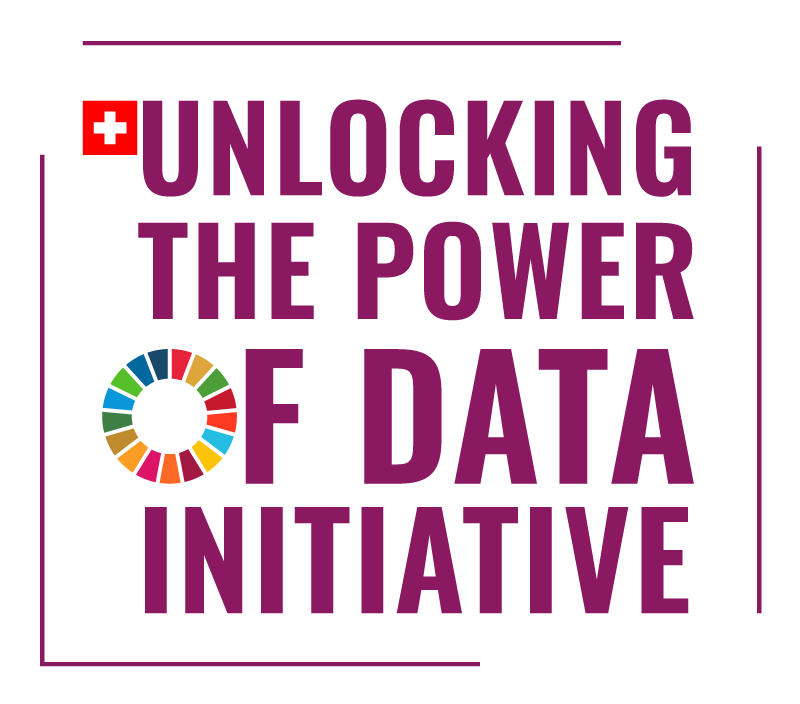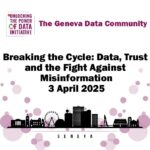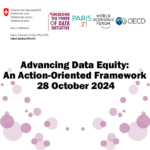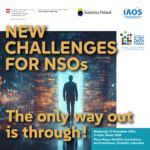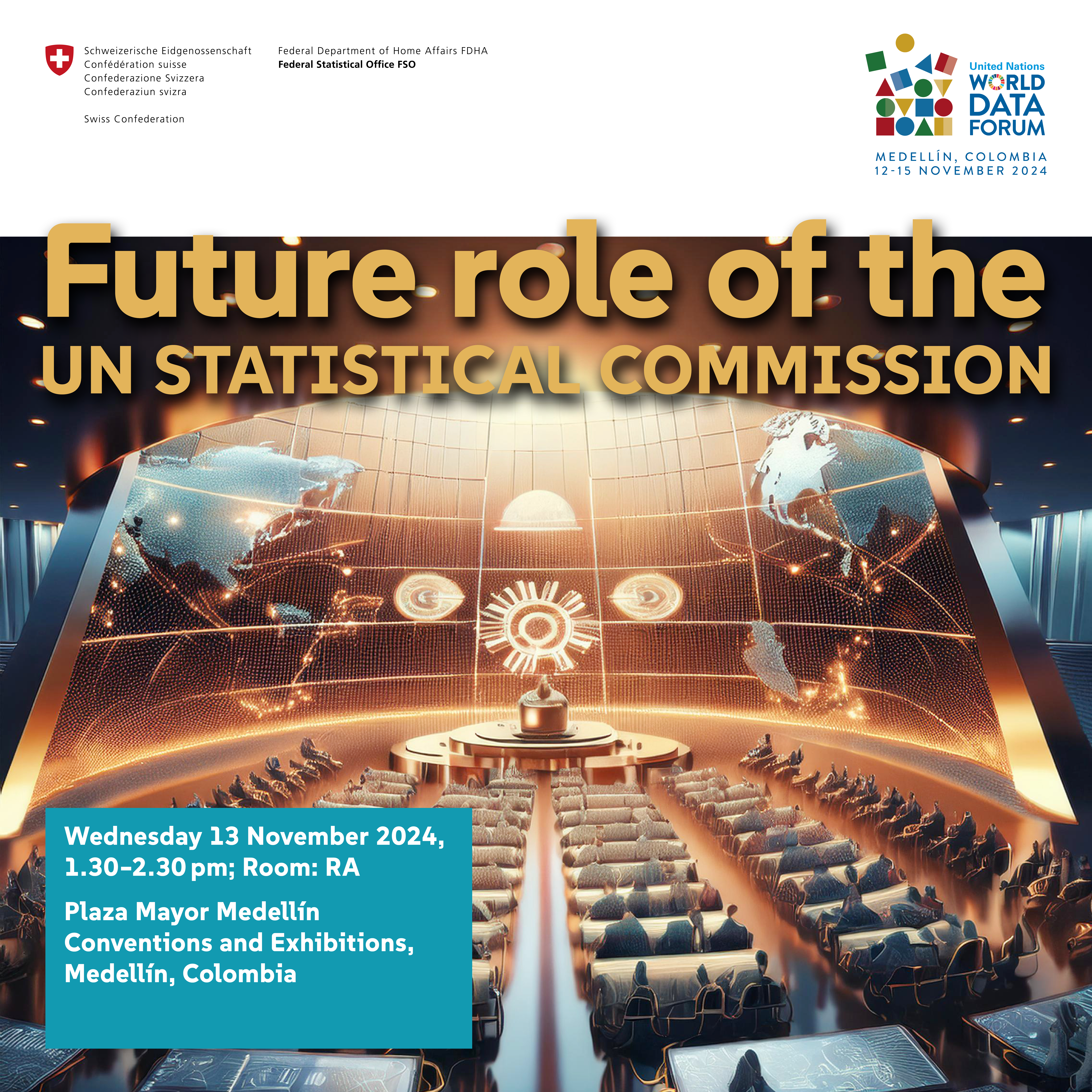Background
This workstream was formally called Data Stewardship. We renamed it in order to broaden the discussion and to include Open Government Data, for instance.
A subtle but clear trend has been seen in recent years: many national statistical offices (NSOs) are noticing that they are increasingly responsible for an ever-broadening set of data management tasks within their respective public administrations. This leads almost immediately to the topic of data quality of administrative and ultimately statistical data.
Data Management is the development, execution, and supervision of plans, policies, programs, and practices that deliver, control, protect, and enhance the value of data and information assets throughout their lifecycles[1].
The Swiss Federal Statistical Office (FSO) is responsible for the implementation of the National Data Management (NaDB) programme launched in 27 September 2019. Besides serving as the basis for the implementation of the “once-only principle” in Switzerland, NaDB also anchors the concept of data stewardship across the entire public administration, in both the statistical and administrative data sphere. The coordination of the standardisation and harmonisation tasks falls within the role of the Swiss Data Steward.
The concept of data stewardship is quite common within large corporations to ensure a high degree of data quality. Simply put, a data steward is a person (or group of people) that is responsible for the quality of a certain part of the organisation’s data space. Since NSOs typically already have a deep understanding of a country’s data landscape, they are usually also a good fit for the role of national data steward.
The concept of Open Government Data (OGD) is based on a double logic: on the one hand, the idea that government action must be based on the principles of transparency and participation and, on the other hand, that (public) data must be accessible to all[2]. By making public data freely available, the public administration increases transparency and accountability to citizens. It encourages the use and re-use of datasets and enables the creation of added value and innovative citizen-oriented services[3]. The FSO’s Open Government Data Office is responsible for implementing the Swiss OGD strategy, aims to make open government data available to the public and to promote
Workstream description
National statistical offices are undertaking a transition towards data administration. While their original mandate of statistical production still continues, new tasks of data management are added to their portfolios. As such, they take on the role of data stewards to coordinate data ecosystems. Switzerland has taken serious steps in this transition and will share its practice with the data and statistical communities.
The activities of the workstreams will encourage and guide national statistical offices in this transition. The need to stay relevant in a fast-changing world and to increase collaboration with other public and possibly private data producers will be discussed. This workstream will consequently highlight and assert the new role of national statistical offices.
Logical framework
The “logical framework approach” is an analytical process and set of tools for project planning and management. It involves objective and strategy setting, an intervention logic and is used to implement, monitor and evaluate projects. The initiative’s full framework is available here.
| Unlocking the Power of Data Initiative impact: Decisions and discussions are made and conducted based on facts. |
| Workstream 3 outcome: National statistical offices extend their mandates and take on the role of national data stewards. |
|
|
|
Partners
Partners will be added as the activities are confirmed.
[1] The DAMA Guide to the Data Management Body of Knowledge (DMBOK2),Second Edition (2017) Technics Publications, New Jersey
[2]Main document in French: Stratégie en matière de libre accès aux données publiques en Suisse pour les années 2019 à 2023 (Stratégie Open government data, OGD). Summarized version in English: Strategy for open government data in Switzerland 2019-2023
